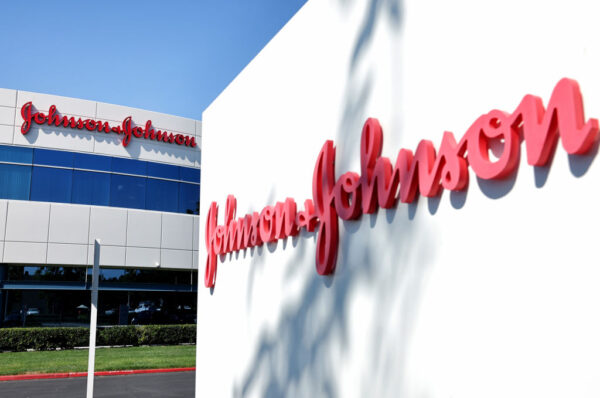
Johnson & Johnson is adding to its oncology pipeline with a $3.05 billion deal to acquire Halda Therapeutics, a startup whose first-in-class approach to prostate cancer could overcome drug resistance — including resistance to one of the pharmaceutical giant’s own blockbuster products.
The cash deal announced Monday brings to J&J the platform technology that produced the Halda prostate cancer drug, HLD-0915. This technology has also produced a preclinical program for breast cancer. Beyond the potential to address other types of solid tumors, J&J notes this technology could be applied to other diseases.
New Haven, Connecticut-based Halda aims to treat cancers with oral small molecules that go after both a cancer-specific protein and a protein with an essential function. The startup says this bifunctional approach sparks a protein-protein interaction that suppresses the essential cell function, killing cancer cells but sparing healthy ones.

NEMT Partner Guide: Why Payers and Providers Should Choose MediDrive’s TMS
Alan Murray on improving access for medical transportation.
Halda, which takes its name from the Old Norse word meaning “to hold or to keep,” describes its approach to cancer as “hold and kill.” The startup spun out of Yale University based on the research of Craig Crews, a professor of molecular, cellular and developmental biology. Crews previously founded Arvinas Therapeutics, a biotech company developing drugs based on a mechanism called targeted protein degradation, which employs bifunctional small molecules called proteolysis targeting chimeras, or PROTACs. The Halda technology is called Regulated Induced Proximity TArgeting Chimera, or RIPTAC. Halda emerged from stealth in 2023.
J&J’s lineup of drugs for prostate cancer is led by the androgen receptor inhibitor Erleada, a once-daily pill whose nearly $3 billion in sales last year made it the company’s third-largest cancer product. The pharma giant’s other prostate cancer therapies are the CYP17 inhibitor Zytiga, and Akeega, a combination therapy approved two years ago that pairs the active pharmaceutical ingredient in Zytiga with niraparib, a PARP inhibitor.
Halda’s HLD-0915, formulated as a once-daily pill, is designed to go after an androgen receptor on prostate cancer cells, bringing that protein together with an effector protein to spark a tumor-killing effect. An open-label Phase 1/2 study is ongoing. This study is enrolling men age 18 and older with metastatic castration-resistant prostate cancer that has progressed after prior lines of systemic therapies, including an androgen receptor pathway inhibitor such as J&J’s Erleada. Patients may have also received up to two taxane chemotherapies and one prior radioligand therapy, such as Novartis’s Pluvicto.
Last month, results from 40 patients in the Phase 1 portion were presented during the AACR-NCI-EORTC International Conference in Boston. Halda said all four doses of HLD-0915 were well tolerated and showed early signs of anti-tumor activity, including reductions in biological indicators of prostate cancer. The two middle doses were recommended for the Phase 2 portion of the clinical trial, which is expected to start by the end of this year. John Reed, executive vice president, innovative medicine, R&D at J&J, said the approach of HLD-0915 offers the potential to overcome drug resistance that renders other therapies ineffective over time.
“Halda’s innovative technology is designed to work even when cancers no longer respond to standard treatments using a novel mechanism that enables the selective killing of cancer cells,” Reed said in J&J’s acquisition announcement. “Results seen with HLD-0915 demonstrate impressive preliminary efficacy and a strong early safety profile in prostate cancer.”
J&J said it expects the Halda acquisition will close within the next few months.
Photo: Mario Tama, Getty Images








